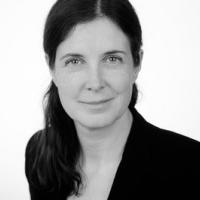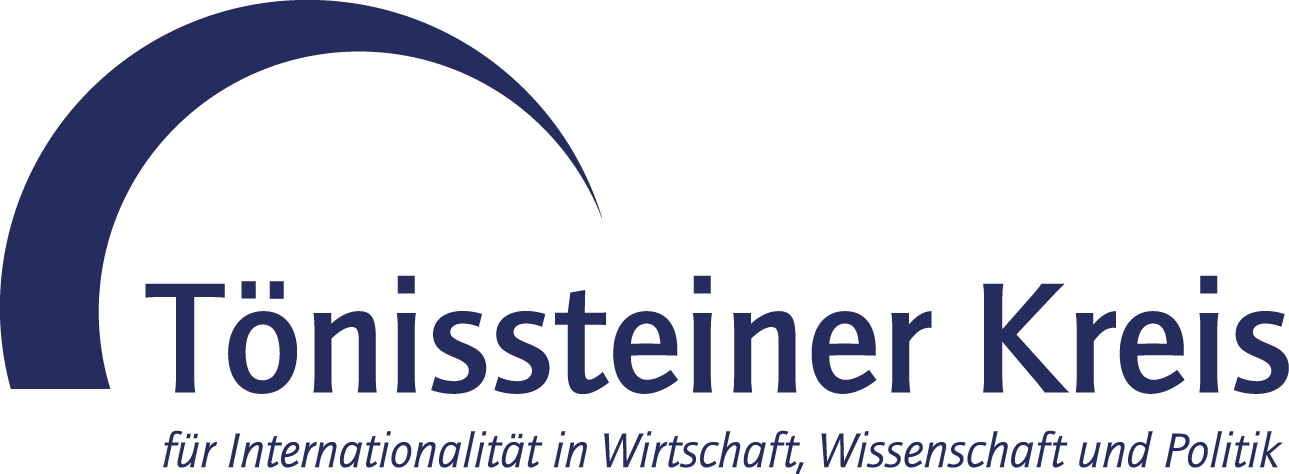The Club of Rome's New Report: Come On!
- Event
- Date
-
- Location
- Berlin, Germany
- Speaker
Professor Ernst Ulrich von Weizsäcker, co-president of the Club of Rome, introduced the Club's new report "Come On! Capitalism, Short-termism, Population and the Destruction of the Planet" at a Dinner Dialogue hosted by Ecologic Institute. The event featured guest speakers Professor Klaus Töpfer (former Environment Minister of Germany and Executive Director of UNEP) and Dr. Simone Peter (President of the German Renewable Energy Federation), who commented on the book. Ecologic Institute’s director Dr. Camilla Bausch initiated and moderated the event, which concluded with engaged discussion among its participants – a mix of policymakers, economists, civil society representatives, scientists, and members of the media.
Participants discussed vividly on a broad variety of philosophical and practical aspects of the report, including the balance between humans and nature, the balance between markets and the state, the role of academia and education in creating a new mindset, younger generations’ perspectives on current global crises, and the significance of Germany’s energy transition as a possible model for other regions.
Much of the discussion reflected the main questions raised by the report: Does global population growth mean the world is too "full"” and what are the consequences of that? What is the difference between the "new enlightenment" called for in the report and the 18th century enlightenment, and to what extent is the former based on the latter? What determines our understanding of and relationship to nature in a world so much shaped by humans?
Particularly in view of the latter question, discussants emphasized the role of religion as an important source of inspiration – Pope Francis' Encyclical Laudato si' served as a concrete example with its explicit call for a caring relationship to nature, a respectful attitude toward "Mother Earth" and a mindset which is in line with a sincere concern for the environment.
Some participants emphasised that public participation and strengthening of bottom-up processes should be an important aspect of the debate. There was a broad consensus on the need to strengthen international cooperation and democratisation in order to bring about social and ecological change – despite trends to the contrary in e.g. the USA showing that democracy and a social-ecological agenda do not always go hand in hand. A number of participants praised the book’s optimism, saying it was necessary to achieve a shift towards a sustainable way of life.
Further parts of the discussion were devoted to various approaches to sustainability. Some brought up the need for a measure of prosperity that goes beyond GDP, for instance. More controversial parts of the discussion addressed socio-ecological implications of digitalisation: some argued it has great potential for decentralisation and minimisation of consumption, while others argued that it brings about exactly the opposite effect.
With its famous 1972 report "Limits to Growth", the Club of Rome provoked a global discussion on sustainability that carries on to this day. The new report "Come On! Capitalism, Short-termism, Population and the Destruction of the Planet" was written by 35 authors under the direction of Ernst Ulrich von Weizsäcker and Anders Wijkman. The main message of the book is: current trends are unsustainable; we must act now to bring about the changes necessary to save the world. The Club consists of selected experts from various countries and disciplines, working together for nothing less than the future of humanity. They are led by principles of sustainable development and ecosystem protection.
The Dinner Dialogue was kindly supported by the Mercator Foundation.




